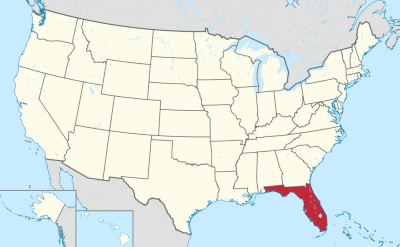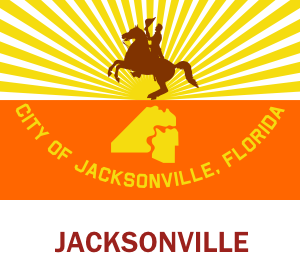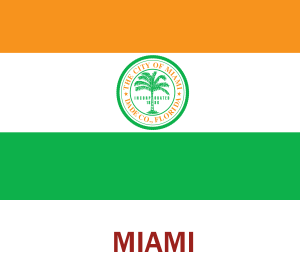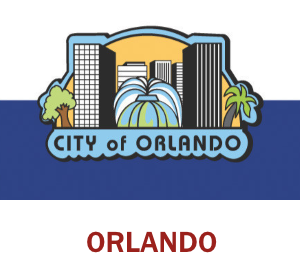Here you’ll find the largest list with Florida hosting reviews. We’ve listed all Florida web hosting providers with our UNCENSORED review and that of users.

Quick Facts
Internet Speed: 30 mbps downlink; 10 Mbps uplink
Population: 20 million
Internet Coverage: 95% of residents
Main Internet Services: Cable, DSL, Fiber
Main Internet Service Providers: AT&T, Xfinity, Hotwire
Colocation Datacenters: 99 (prominent companies: Digital Realty, ColoHouse)
Internet in Florida
According to Akamai.com, the average downlink Internet speed in Florida is 30 Mbps and the average upload speed is 10 mbps.
In 2016, the population of Florida was approximately 20 million. Over 95% of residents have access to the Internet, especially broadband connections.
Main Internet services provided in Florida are the following:
– Cable – over 90% coverage
– DSL – over 85% coverage
– Fiber – less than 20% coverage
Main Internet Service Providers located in Florida are as follows:
– AT&T (DSL) – over 90% availability
– Xfinity (Cable) – over 85% availability
– Hotwire (Fiber) – less than 10% availability
Gigabit Internet in Florida
Gigabit Internet is available in select Florida areas. Southern Florida is currently the region which experiences the fastest rollout of gigabit Internet in the entire state, with multiple cities benefiting from this service, including select parts of North Lauderdale and Weston in Broward County, and Boca Raton, Boynton Beach in Palm County. The service is provided through existing coaxial cable lines, using the latest DOCSIS 3.1 technology.
Colocation Datacenters in Florida
According to datacentermap.com, there are currently 99 colocation datacenters distributed across Florida. Most datacenters are located in Miami (30), closely followed by Tampa (18) and Fort Lauderdale (7). The remaining datacenters are located in Orlando, Jacksonville, Daytona, along with many other cities.
Major colocation providers established in Florida are as follows:
– Digital Realty
– Colo House
– CoreSite
– Terremark Worldwide
– DataSite
– Level 3 Communications
Prominent Companies & Datacenters – Digital Realty
One of the biggest colocation providers located in Florida is Digital Realty. This company has a solid presence in Florida, especially in Miami, but also in other markets, such as Texas, California, New York, and New Jersey.
Their biggest Florida-based datacenter is conveniently located in Miami. This 160,000-square-foot facility features 2N UPS power equipment and generator redundancy, N+1 cooling redundancy, in addition to a utility power capacity of 2,000 KW. This building provides carrier neutrality, having access to hundreds of global peer exchange networks. It was structurally designed to withstand natural disasters, making it ideal for disaster recovery and business continuity services, in addition to the traditional wholesale and retail colocation services provided by the company in all of its national and international datacenters.
Prominent Companies & Datacenters – ColoHouse
Another important colocation provider established in Florida is ColoHouse. Their main facility is established in Miami, and provides over 24,000 square feet of lease space for wholesale and retail colocation purposes. This provider claims to be Florida’s second most connected datacenter, having access to dozens of on-site telecommunications providers and other carrier hotels located in the area.
Prominent Companies & Datacenters – ColoHouse
Another important colocation provider established in Florida is ColoHouse. Their main facility is established in Miami, and provides over 24,000 square feet of lease space for wholesale and retail colocation purposes. This provider claims to be Florida’s second most connected datacenter, having access to dozens of on-site telecommunications providers and other carrier hotels located in the area.
Local Colocation Market
Even though Miami is currently regarded as a prosperous colocation market, the region has been historically at high risk for natural disasters. The Sunshine State is home to a shockingly wide array of natural disasters, including hurricanes, tropical storms, tropical depressions, as well as devastating tornadoes. All of these natural hazards make the weather in Florida very unpredictable, therefore discouraging more colocation companies to build in the region. Topped off with the constant burning hot weather which inevitably results in more money out of the companies’ pockets for cooling, it is very unlikely that the local market could expand further than its current level.
Another considerable disadvantage of this region is that the Internet infrastructure is somewhat old relative to other states. The underground infrastructure consists of outdated coaxial cable lines, and current trends indicate that ISPs are not putting much effort into replacing it with newer fiber-optic technology, mainly due to exorbitant costs.




